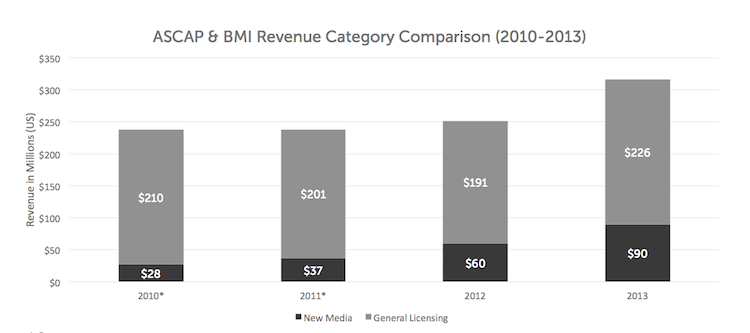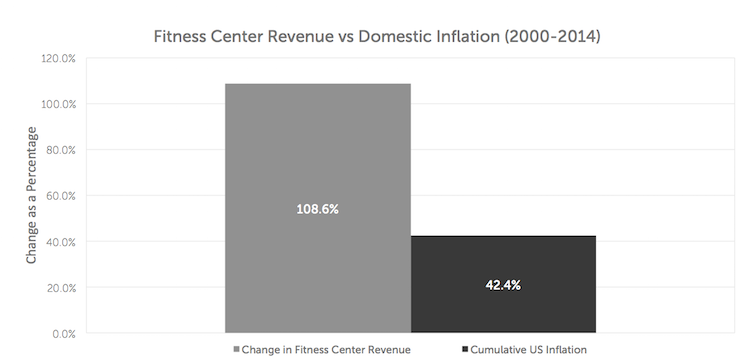
SoulCycle Paying Just Pennies for Music Despite Claiming It's Their 'Most Important' Asset
SoulCycle's relationship with music stands at a critical intersection of fitness and entertainment, yet their compensation to artists reveals a significant disparity between music's value and royalty payments.
Music serves as a cornerstone of SoulCycle's business model, with the company describing it as "the most important part" of their offering. Their SEC filing explicitly positions their product as a "carefully curated 'cardio party'" driven by instructor-crafted playlists.

Concert crowd with raised hands
The company's financial success is remarkable:
- 2014 revenue: $112 million from 36 locations
- Projected 2015 revenue: $140 million
- Expected expansion to 250 locations
- Potential annual revenue: $775 million
- Profit margins: 23% (2014)

Bar graph of music revenue comparison
Despite this success, music licensing fees remain surprisingly low:
- BMI's maximum annual fee per location: $2,123
- This represents just 0.01% of a single location's revenue
- ASCAP uses similar flat-fee structure per location
- Fees don't account for premium pricing or music centrality

Line graph: Spotify artist earnings trend
Key issues in the current system:
- Outdated fee structures not reflecting modern business models
- Distribution methods using inaccurate proxies
- Technology exists for better tracking but isn't utilized
- Current system favors Top 40 hits over niche genres
While SoulCycle complies with existing licensing requirements, the responsibility lies with performing rights organizations (PROs) to update their rates and distribution methods to reflect current market realities and ensure fair compensation for artists.
Modern solutions exist, such as Music Play Analytics, which could provide accurate song tracking and fairer distribution of royalties. Implementation of such technologies could significantly improve compensation for songwriters and publishers while better reflecting actual music usage in fitness settings.

HomePod with circular display screen

Person managing music on laptop screen
